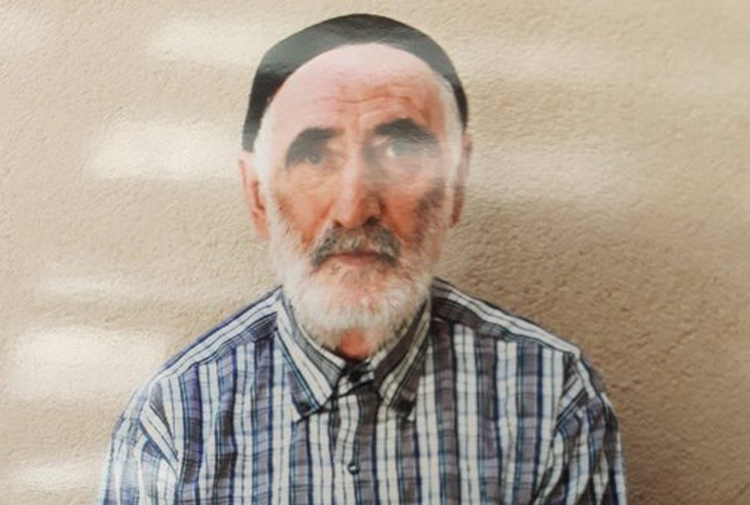Ali Boçnak (76), who was detained in 2009 for conducting a religious ceremony in his mother tongue of Kurdish, has passed away in prison, according to Turkish media.
Boçnak had advanced prostate cancer, a brain embolism, difficulty breathing and renal failure. He underwent an operation in August, during which he caught an infection. His family appealed for his release several times due to his multiple health problems, which were all rejected by the court. The prison administration did not allow his family to see Boçnak in person on the day he died, although they had permission from the prosecutor.
Boçnak was detained as part of an operation against the Kurdistan Communities Union (KCK), an umbrella organization that includes the outlawed Kurdistan Workers’ Party (PKK). He was sentenced to seven years, eight months in prison, which was upheld by the Supreme Court of Appeals in 2017. Boçnak was serving his sentence at Ağrı Patnos Prison in eastern Turkey.
Human rights activist and pro-Kurdish Peoples’ Democratic Party (HDP) deputy Ömer Faruk Gergerlioğlu described his situation as a travesty of justice. “Boçnak was an old man who was terminally ill, and his sentence should have been delayed.” Gergerlioğlu said he presented this issue to parliament but had not received any answers.
Prohibitions against the use of Kurdish in Turkey go back many years. Kurdish language, clothing, folklore and names had been banned since 1937. The words “Kurds,” “Kurdistan” and “Kurdish” were among those officially prohibited. After a military coup in 1980, speaking Kurdish was officially forbidden even in private life.
Many people who spoke, broadcast or sang in Kurdish were imprisoned. The ban officially continued until 1991. Kurds continue their struggle for Kurdish education in schools in the regions where they live. Between 2010 and 2014, when an attempt was made to solve Turkey’s Kurdish problem by means of an official “peace process,” lectures were given in Kurdish in some schools, and Kurdish signs were installed in the cities. These rights were taken back after the failure of the peace talks in 2015.
Source: SCF



